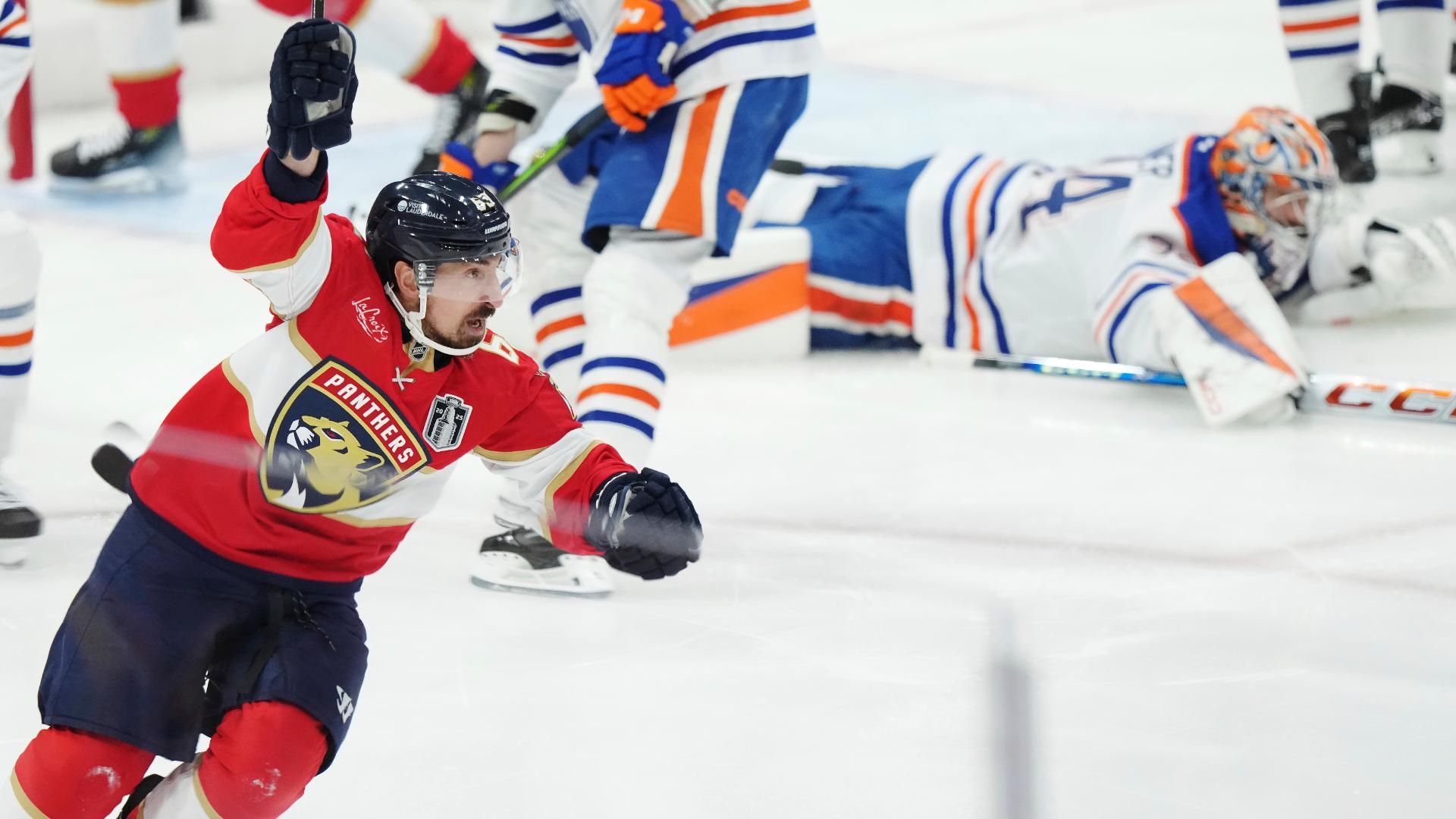The NHL's tiebreak formula might be getting a facelift next season.
Currently, the first tiebreaker for teams tied in the standings at the conclusion of the regular season is total wins. At the conclusion of their meetings in Boca Raton, Fla., the NHL's 30 GMs voted unanimously to change the first tiebreaker to count regulation and overtime wins only.
"So you exclude the shootout wins, which we all think is a fair way of doing it," Blue Jackets GM Scott Howson, the author of the proposal, told ESPN.com after the meetings wrapped up. "If some team wins 10 games in a shootout and only two of your 10 wins are in the shootout, you've won eight more games that are more legitimate. ... The shootout is great and it's added excitement to our game, but you get concerned about its impact. And this is one way where you can take away some of that impact."
The proposal will now be considered by the competition committee in June. If the committee OKs it, it will then need a final stamp of approval from the board of governors.
Under the change, for example, Florida would have taken the eighth and final playoff spot in the Eastern Conference last season over Montreal. Both teams were tied in points, but the Panthers were victimized by their poor shootout record (the Canadiens had seven shootout wins, Florida three). Under the new proposal, Florida would have easily won the tiebreaker with 38 regulation/overtime wins to Montreal's 34.
"Since the lockout, there has been eight ties [in the standings] at the end of the season, and this would have changed the outcome on three of them," said Howson.
If the Jackets GM had his way this week, that would not have been the only change. Howson also proposed a change to the overtime/shootout points in the standings, suggesting to his breakout group Tuesday morning that teams instead get 1.5 points for a shootout win instead of two, one point for a shootout loss and no points for an overtime loss. That didn't get enough support to warrant further discussion.
"The point system wasn't really supported in the smaller group, so it really wasn't discussed in the larger group," said Howson. "It's something that we want to keep looking at. I think if we get to the point where the three-point games and the shootout games get to be too much or too many, then we'll continue to monitor it."
As some of you may remember, I wrote about my concern with the three-point games (overtime/shootout games) earlier this season in a column. So I applaud Howson for thinking outside the box and trying to bring change.
"I think everybody understands that the three-point games are a double-edged sword," he said. "It keeps everybody in it, but is also makes it very hard to jump teams."
The option I like the most -- three points for a regulation-time victory, two for overtime/shootout -- is also something on Howson's mind going forward. I think it properly compensates the elite NHL teams that regularly win in regulation.
"The 3-2-1 option that some leagues use, such as the KHL and the CCHA, that's another option which wasn't proposed here, although it's been talked about here before," said Howson. "We just have to continue to monitor where this is going."




